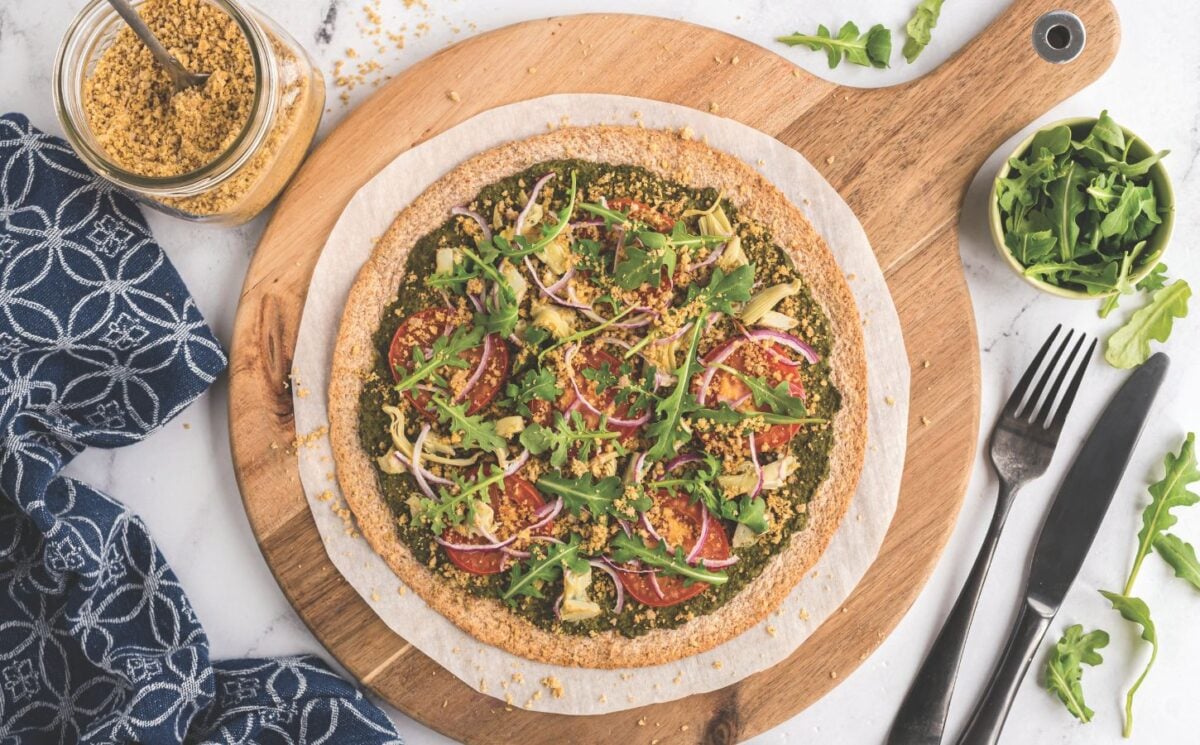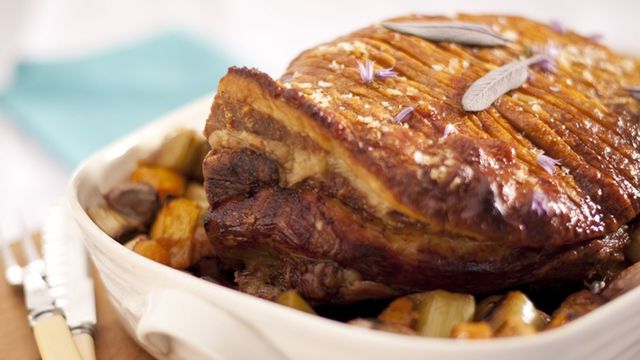
Just a fortnight, or in some cases a mere few days, after bringing home the weekly shop, potatoes often begin to sprout, wither, shrink, and lose their firmness - particularly if stored the wrong way. Exposure to excessive light, especially direct sunlight, can trigger sprouting in potatoes and cause them to wrinkle and turn green. Provided they remain firm to the touch, aren’t excessively wrinkled, and the sprouts are small, potatoes are still safe to eat even after sprouting.
However, there are concerns about toxins in potato sprouts. As potatoes deteriorate, they can overproduce solanine, a chemical that causes them to turn green and taste bitter. To prevent this, Lucia Washbrook, sales and marketing director at Branston , the UK’s largest potato supplier, has shared her expertise on proper potato storage.
Lucia claimed: “Potatoes stored in the fridge can last over three times as long compared with storing at room temperature.” This is supported by research from the Waste and Resources Action Programme, which suggests that storing potatoes in this way could potentially “save 100,000 tonnes of food waste per year”. Lucia added: “Storing potatoes in the fridge should be encouraged to prolong the lifespan and prevent Britons wasting over 5.
8 million potatoes each year.” While the previous advice was to store potatoes in a cool, dry and dark place, like a cupboard, it’s now suggested that they should be kept in the fridge at below five degrees Celsius. This method keeps them fresh for three times as long, giving households plenty more time to whip up something tasty with them.
The old guidance was based on worries about extra sugars forming in potatoes when they're stored in the fridge these sugars can then turn into acrylamide (which is believed to be harmful) when they're fried, roasted or baked. However, comprehensive scientific research has now demonstrated that storing potatoes in the fridge doesn't increase their acrylamide potential compared to keeping them in a common place like a cupboard at room temperature. For those who aren’t planning on using their potatoes for a considerable amount of time, freezing them could be a good idea.
Freezing potatoes can simplify life significantly, and in some instances, yield better results, such as when making roast potatoes, according to the food enthusiasts at BBC Good Food. Potatoes don’t freeze well when raw, so they’ll need to be cooked or partially cooked first. The experts suggest parboiling them and then plunging the potatoes into a bowl of iced water to halt the cooking process.
Place the potatoes on a tray ensuring they don’t touch each other. Slide the tray into the freezer and once they’re frozen solid (which should take around six to 12 hours), shift them into a resealable airtight freezer bag, expel any surplus air, label it and then return it to the freezer..














